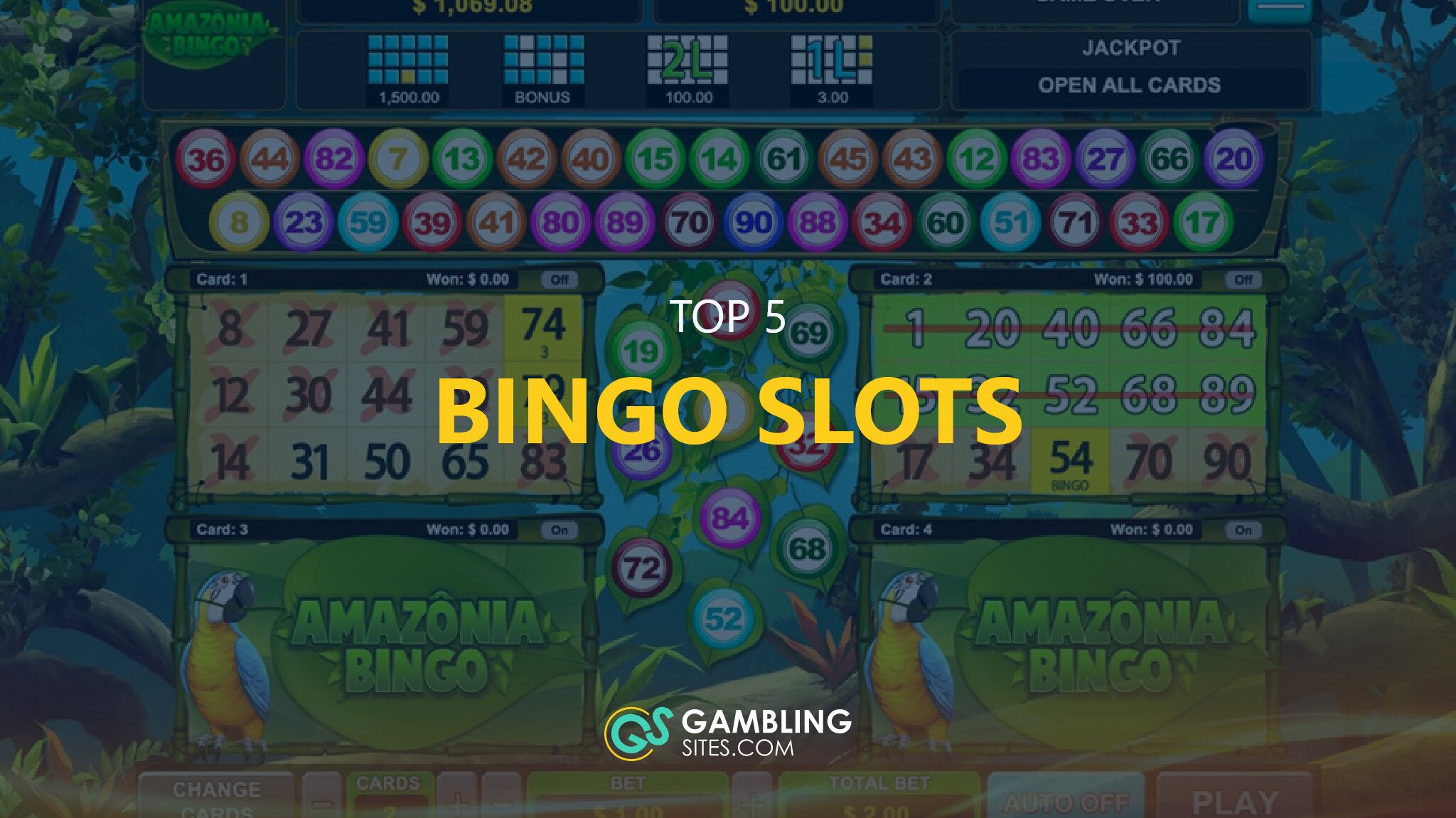Psychological Warfare at the Poker Table: NV casino Insights

In the thrilling world of poker, the battle extends beyond the cards; it’s a psychological showdown. Players not only need to understand the odds but also the minds of their opponents. This article delves into strategies for reading and deceiving players at the poker table, equipping you with essential tools to gain an edge, particularly in competitive environments like the NV casino.
The Importance of Psychological Strategy
At a poker table, psychological warfare is as crucial as mathematical acumen. The ability to read opponents and manipulate their perceptions can turn the tide of a game. By employing psychological strategies, players can create an atmosphere of uncertainty, making it harder for others to make informed decisions.
Reading Opponents
Understanding your opponents is a cornerstone of successful poker play. Here are key techniques to enhance your observational skills:
- Body Language: Subtle cues can reveal a lot about a player’s hand. Look for changes in posture, facial expressions, and hand movements.
- Betting Patterns: Notice how players bet in various situations. Aggressive betting might indicate strength, while cautious play could suggest the opposite.
- Time Taken to Act: The duration a player takes to make a decision can indicate their confidence. Quick actions may suggest a strong hand, while hesitations could signal uncertainty.
Deceptive Strategies
Employing deception can be a powerful tool in your poker arsenal. Here are some tactics to consider:
- Bluffing: The most recognised form of deception. A well-timed bluff can force opponents to fold stronger hands.
- Slow Playing: This involves playing a strong hand passively to encourage opponents to bet more. It can be risky but effective.
- Changing Your Style: Consistently altering your playing style makes it hard for opponents to predict your moves. This unpredictability can lead to mistakes on their part.
Creating an Emotional Environment
At the NV casino and elsewhere, the emotional atmosphere at the table can significantly influence gameplay. Here are some strategies for manipulating emotional dynamics:
- Establishing Dominance: Showing confidence can intimidate less experienced players, compelling them to make hasty decisions.
- Playing the Victim: Feigning distress over a bad beat can elicit sympathy, leading opponents to underestimate your resilience.
- Using Silence: Strategic silence can create tension. Allowing moments of quiet can make others uncomfortable, pushing them to act rashly.
The Role of Table Talk
Conversational tactics can also be used as psychological weapons. Here’s how to use table talk effectively:
- Casual Banter: Engaging in light-hearted conversation can put opponents at ease, making them more susceptible to your strategies.
- Misleading Statements: Occasionally make comments that are irrelevant to the current game to plant seeds of doubt in opponents’ minds.
- Reading Reactions: Use your words to gauge reactions. If someone becomes defensive, it may indicate they are not as confident as they seem.
Final Thoughts
Mastering psychological warfare at the poker table requires practice and keen observation. Strategies for reading and deceiving opponents can tip the scales in your favour, especially in high-stakes environments like the NV casino. Remember, poker is as much about mental acuity as it is about the cards you hold. Develop your skills, stay adaptable, and always be mindful of the psychological elements at play.
With these tools in hand, you’ll be well-equipped to navigate the complexities of poker, converting challenges into opportunities for victory. Embrace the mind games and watch your poker game flourish.

Recent Comments